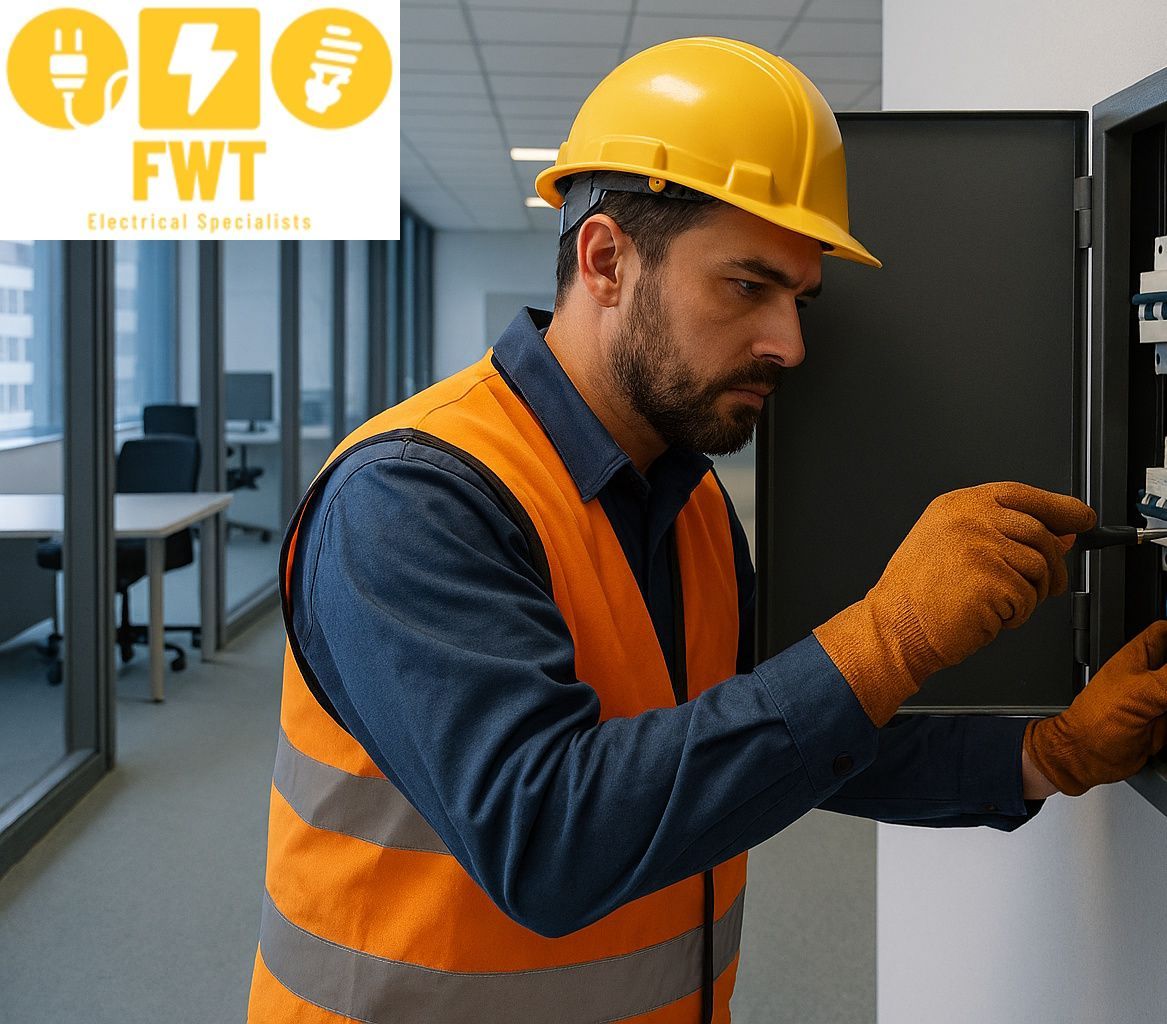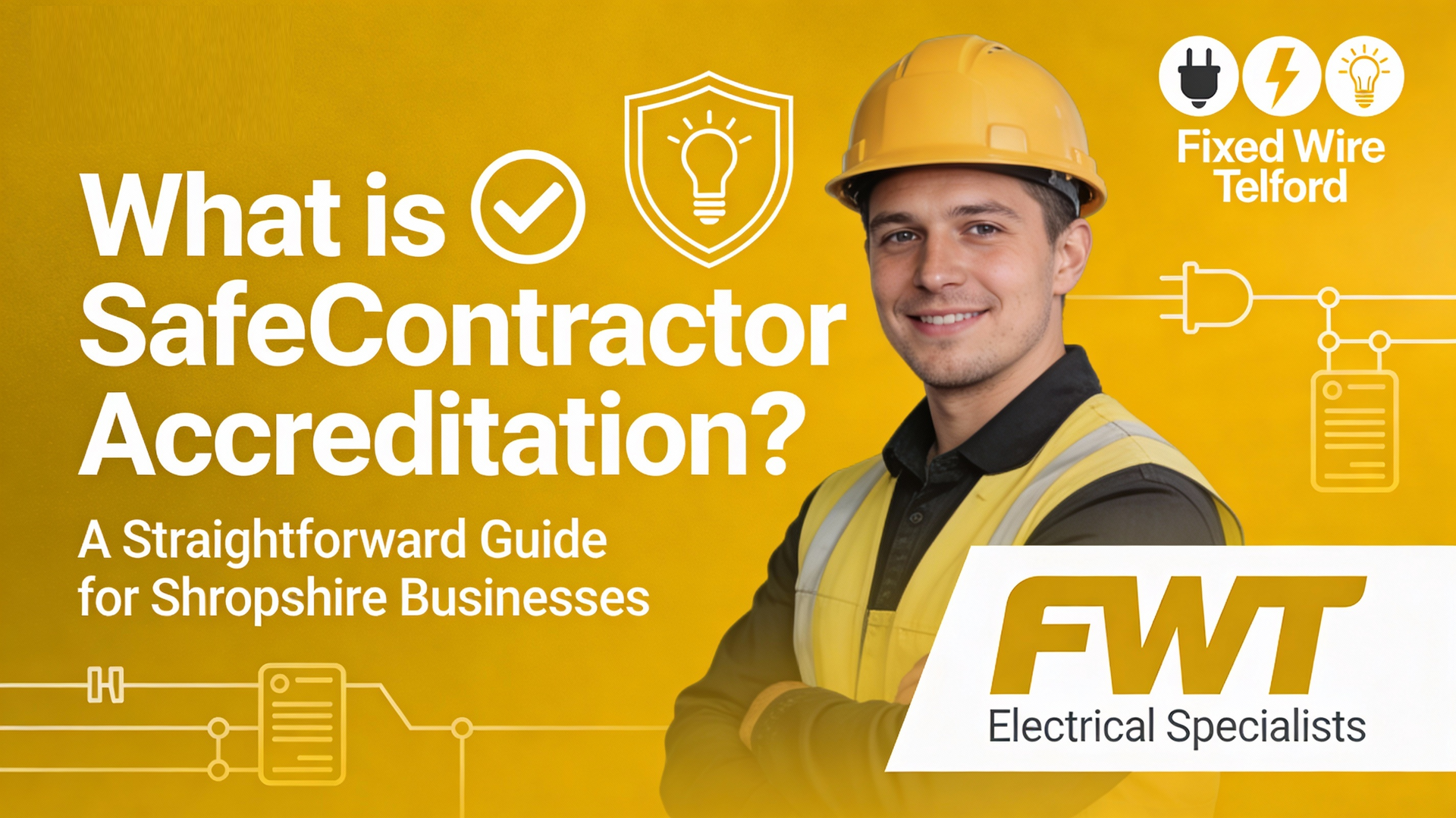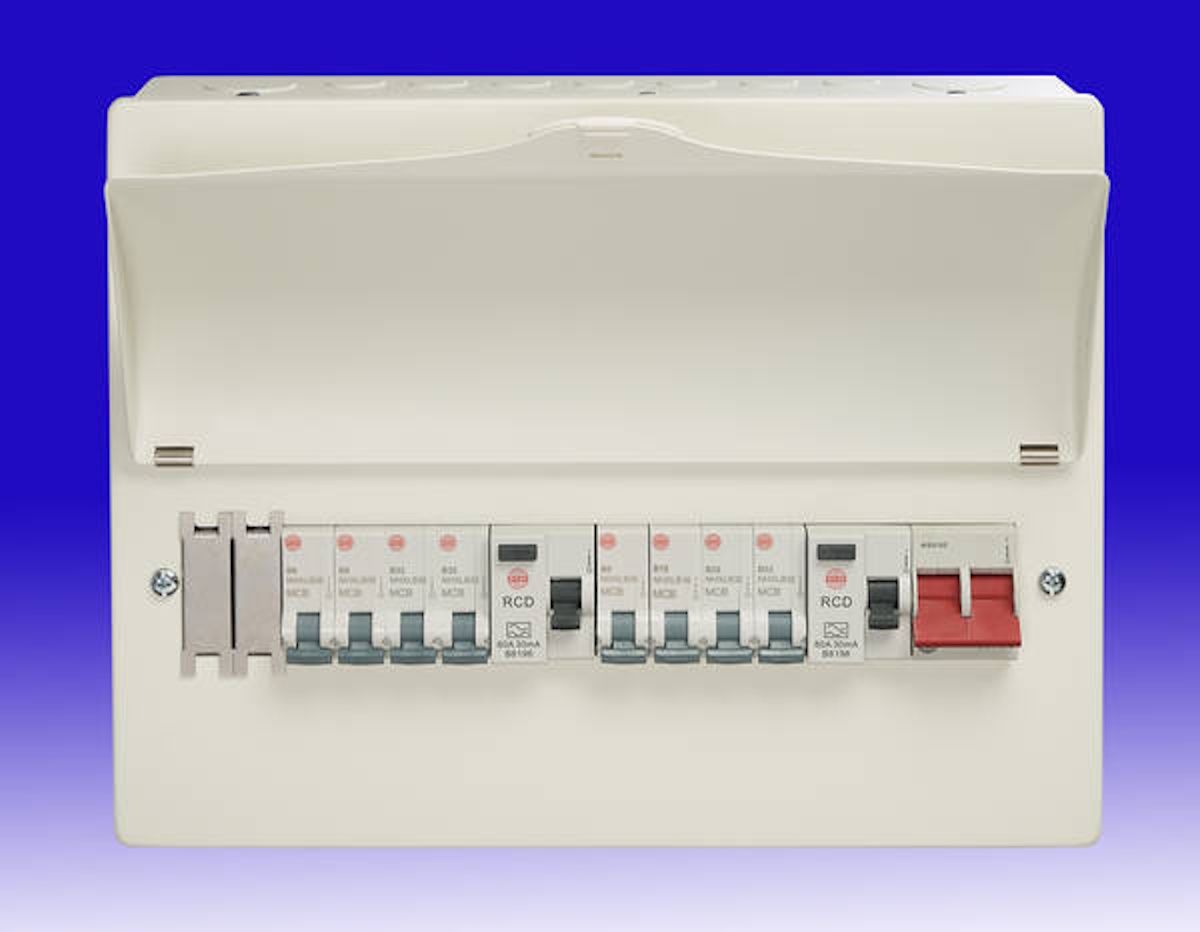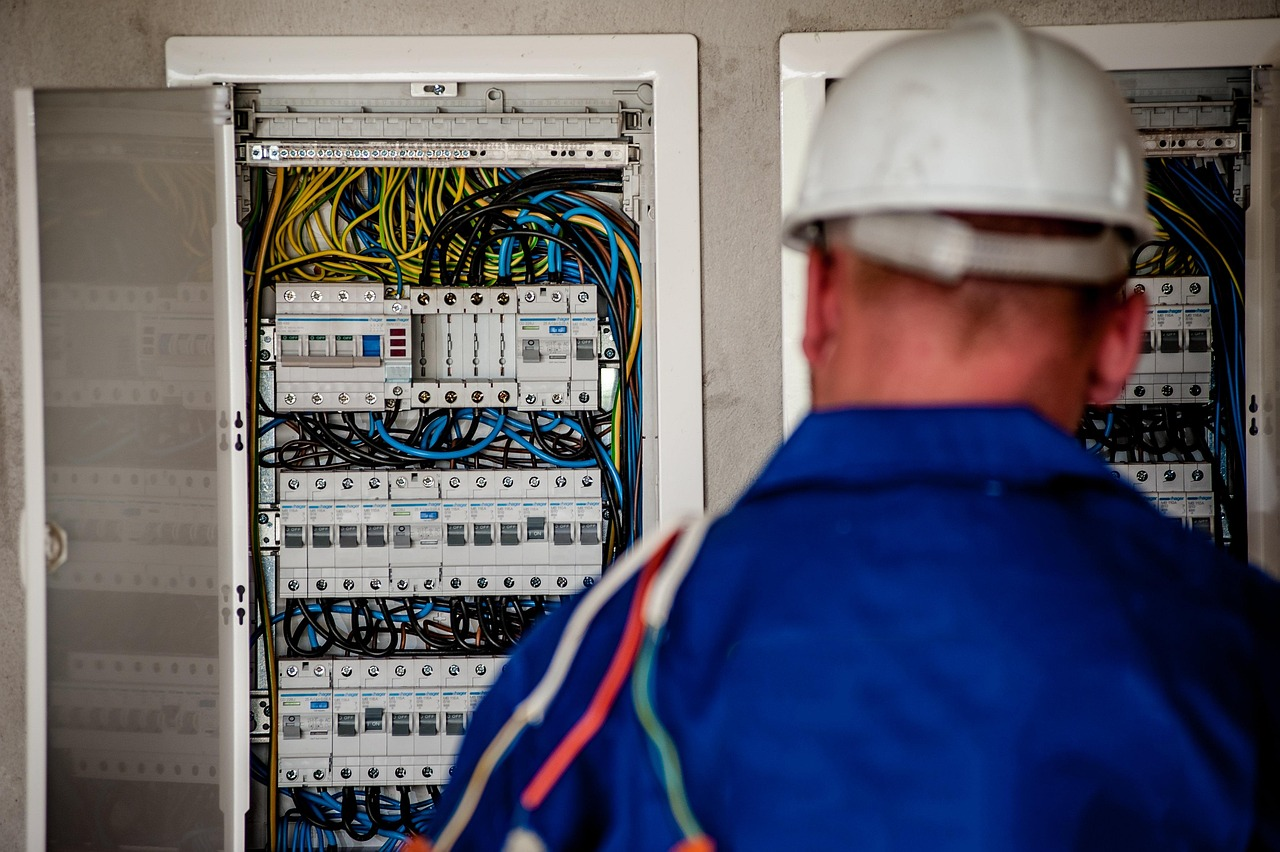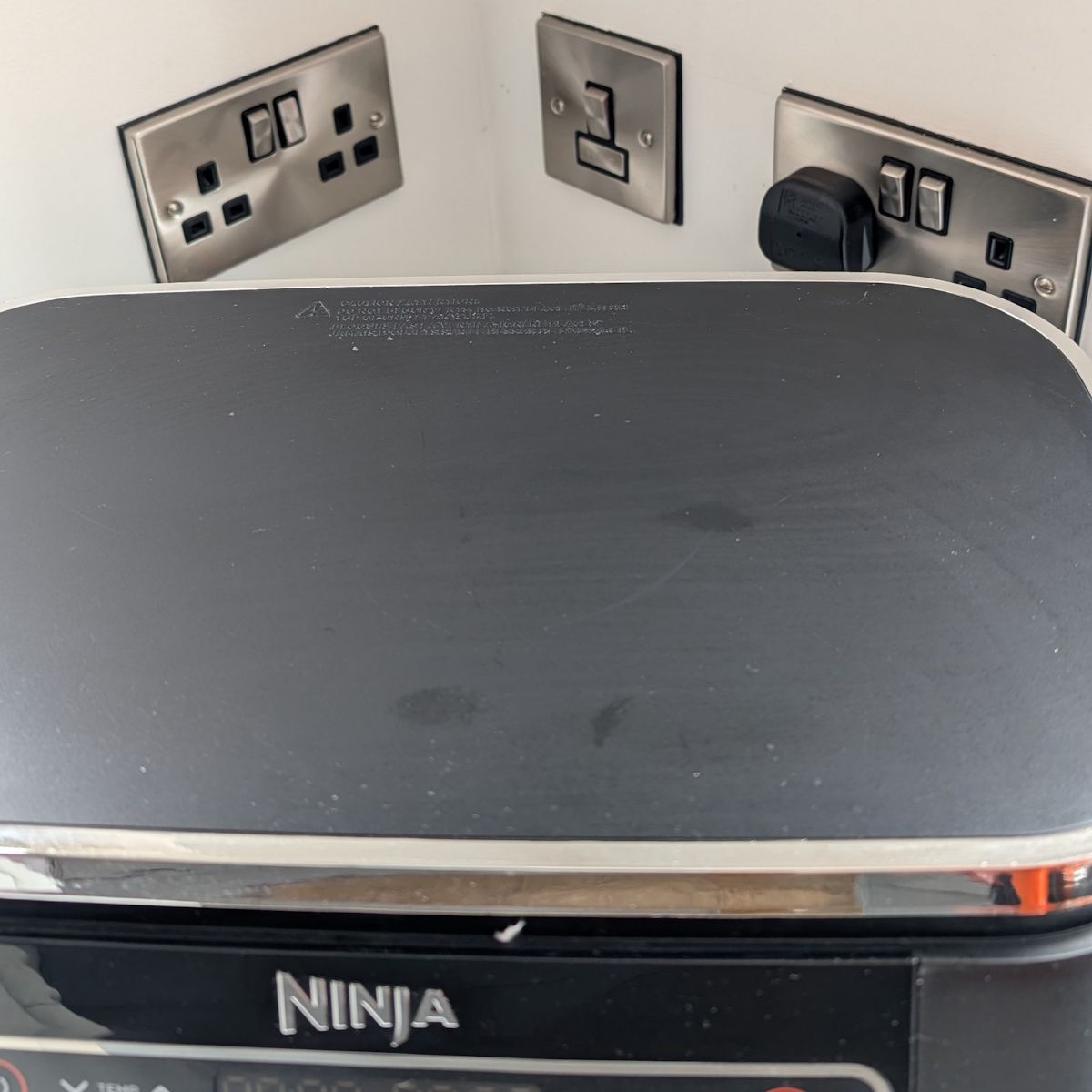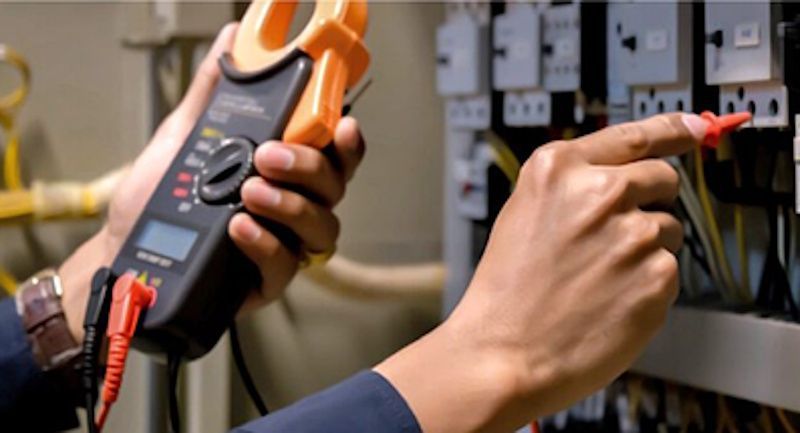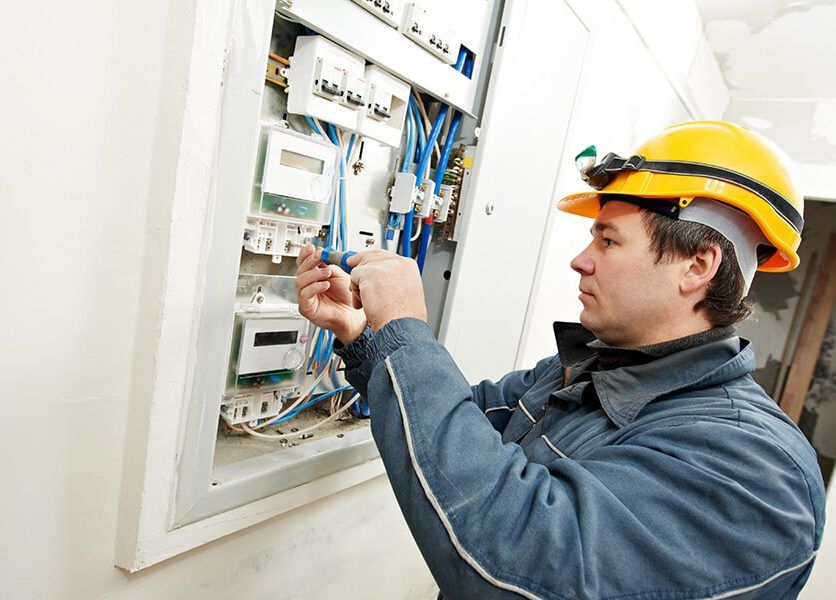Proud to Be Safe Contractor Approved & Accredited
Importance of Contractor Certification
What is a SafeContractor Accreditation?
In today's business environment, demonstrating a commitment to health and safety is crucial for any organisation wishing to build trust with clients and partners. One way to prove this commitment is through obtaining a SafeContractor accreditation. But what exactly is a SafeContractor accreditation, and why is it important? This article will delve into the details of SafeContractor and explain how the Alcumus SafeContractor certification scheme can help businesses stand out in terms of health and safety compliance.
Understanding SafeContractor Accreditation
SafeContractor accreditation is a recognised health and safety accreditation scheme designed for contractors and service providers across various sectors in the UK. It provides a third-party verification of a company's health and safety processes, ensuring they meet industry standards and legal requirements.
When a contractor holds a SafeContractor accreditation, it signals to potential clients that the company is committed to maintaining safe working practices, reducing risks, and protecting both their workers and clients. This accreditation is often a prerequisite to work with larger organisations or public sector bodies that place a high emphasis on health and safety.
What is Alcumus SafeContractor?
Alcumus SafeContractor is an certification scheme widely recognised throughout the UK. It specialises in assessing the health and safety standards of contractors across numerous industries, from construction and maintenance to facilities management and more.
The Alcumus SafeContractor certification scheme rigorously assesses a company's health and safety policies, procedures, and track record. By successfully gaining this accreditation, companies demonstrate compliance with current health and safety legislation, effective risk management strategies, and ongoing improvement in safety standards.
The Benefits of Being Alcumus SafeContractor Accredited
Enhanced Credibility and Trust
One of the primary benefits of having the Alcumus SafeContractor accreditation is the boost in credibility it offers. Clients and partners can trust that your business prioritises health and safety, which can be a significant deciding factor when choosing contractors.
Competitive Advantage
Many organisations now require contractors to hold a recognised safety accreditation before awarding contracts. By being Alcumus SafeContractor certified, your business satisfies this requirement upfront, giving you a competitive edge over businesses without such accreditation.
Streamlined Procurement Processes
For clients, vetting contractors for health and safety compliance can be time-consuming. Contractors accredited by SafeContractor streamline this process, as the certification acts as a verified proof of compliance. This convenience can lead to more business opportunities and faster contract approval.
Commitment to Continuous Improvement
The Alcumus SafeContractor scheme is more than a one-time assessment. It encourages continual monitoring and improvement of health and safety practices. This proactive approach helps businesses stay ahead of legislation changes and adapt to new safety challenges effectively.
How to Achieve SafeContractor Accreditation
Obtaining SafeContractor accreditation involves submitting detailed evidence of your company's health and safety standards. This can include policies, risk assessments, training records, and details of insurance coverage.
The Alcumus SafeContractor team reviews this documentation thoroughly and may follow up with audits or inspections to verify compliance. Once approved, you receive the accreditation, which you can showcase to clients through digital certificates and logos.
Who Should Consider Alcumus SafeContractor?
Contractors and subcontractors working in sectors such as construction, facilities management, landscaping, or any industry that involves significant health and safety risks will find this certification beneficial. It offers reassurance to clients and helps businesses meet procurement demands seamlessly.
Final Thoughts
In summary, the Alcumus SafeContractor is an certification scheme that plays a vital role in promoting health and safety compliance across many industries. Gaining SafeContractor accreditation not only enhances your business’s reputation but also opens doors to new opportunities by meeting client expectations for safety standards. By investing the time and effort into achieving and maintaining this accreditation, companies demonstrate a genuine commitment to protecting their workforce and clients alike—a crucial component for sustainable, successful business operations in the UK. Whether you are a small contractor or a large organisation, SafeContractor accreditation is an essential tool in today’s health and safety landscape.
